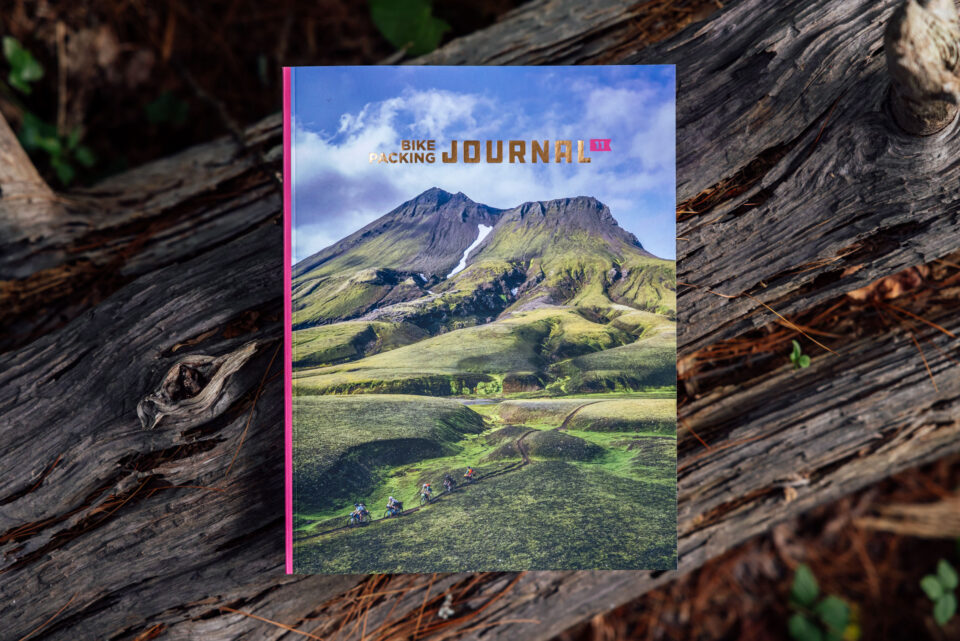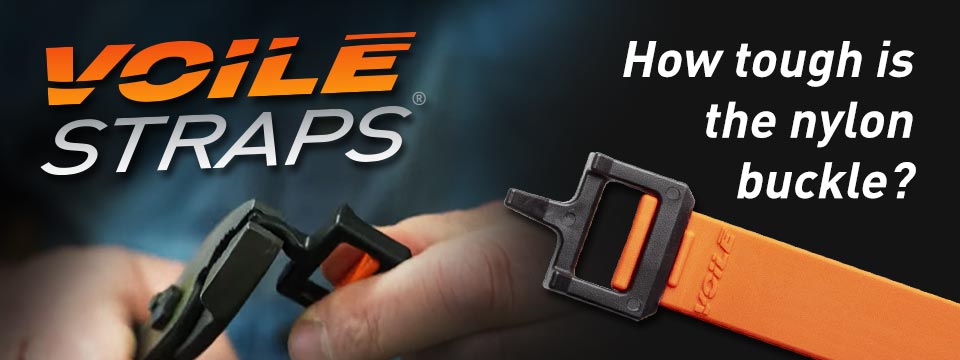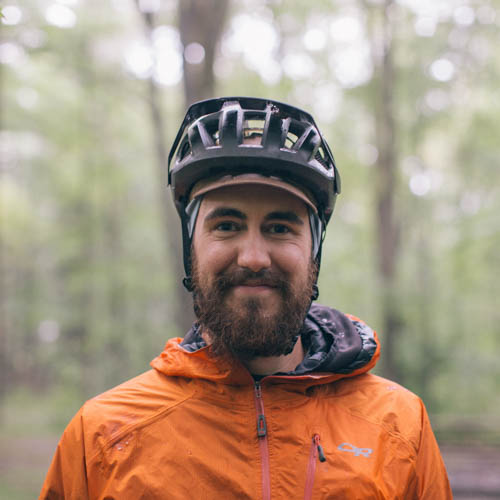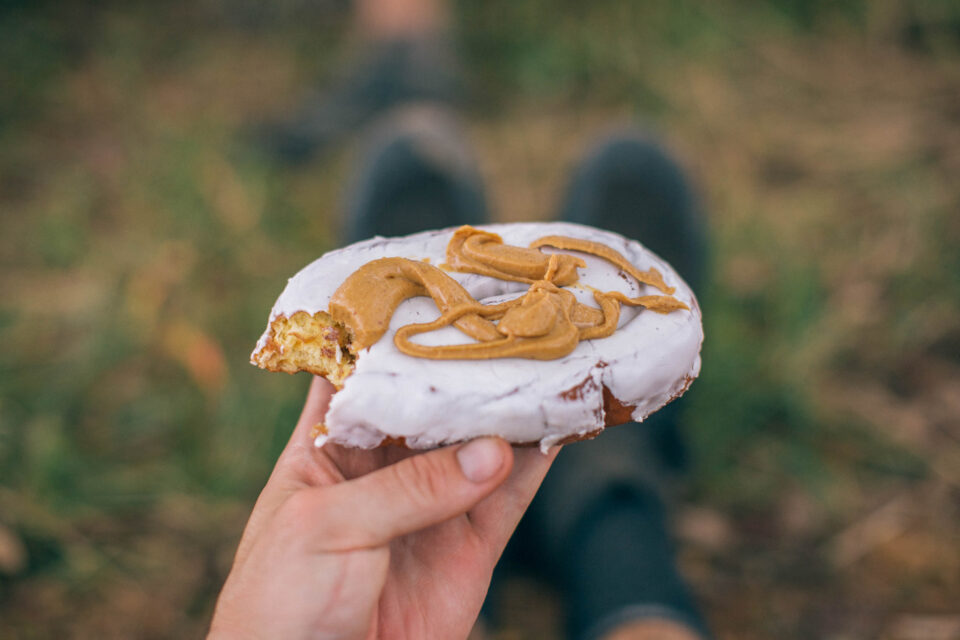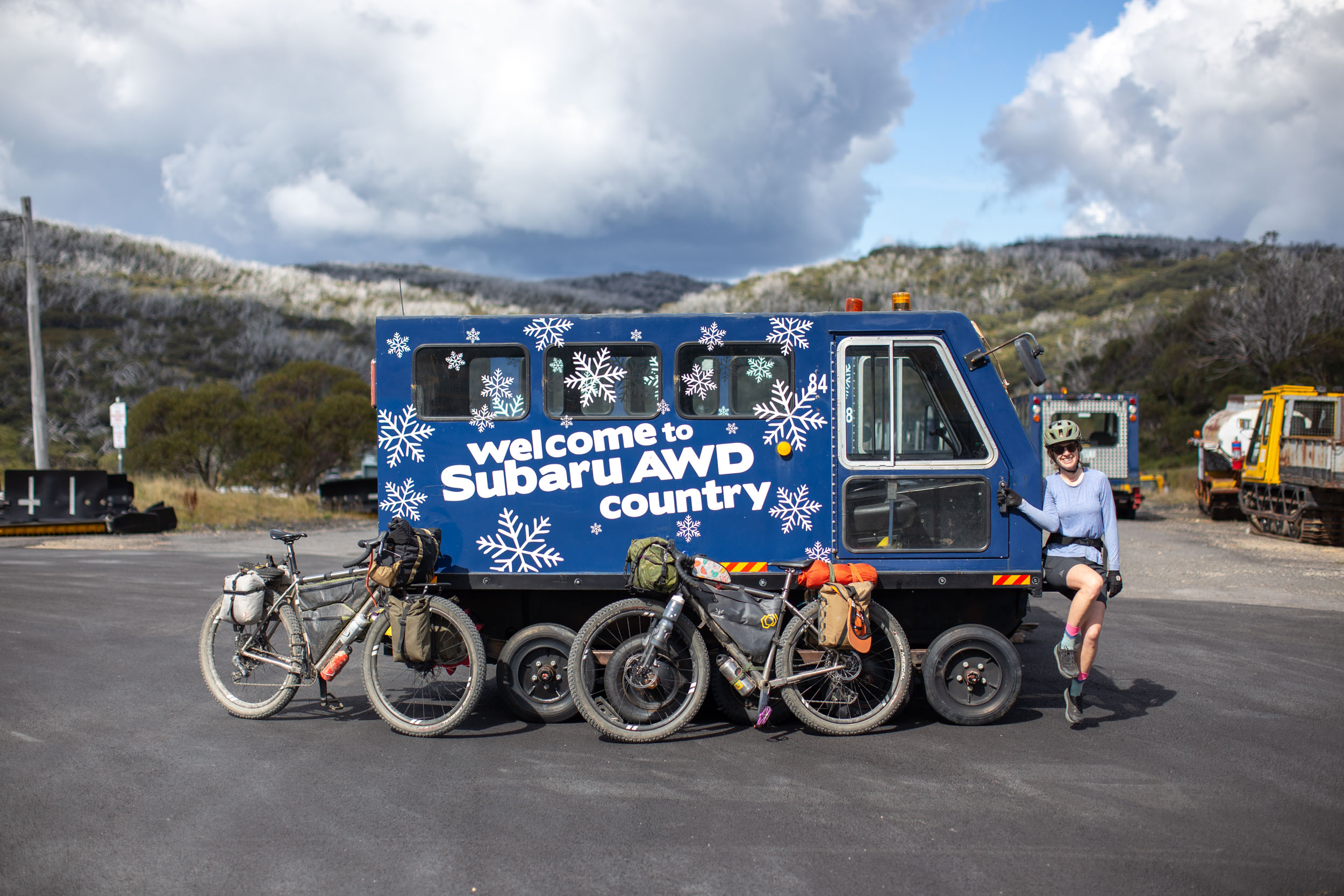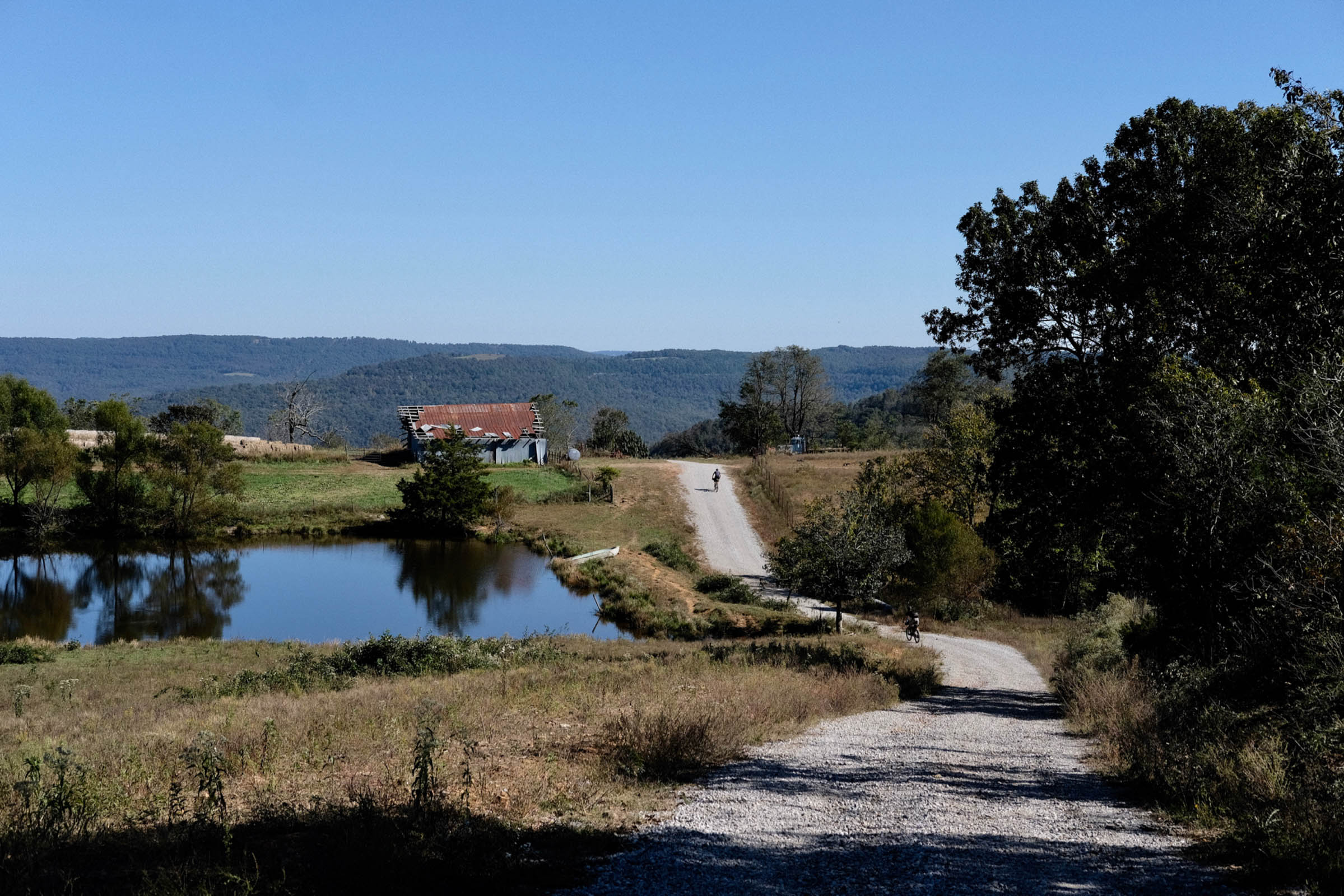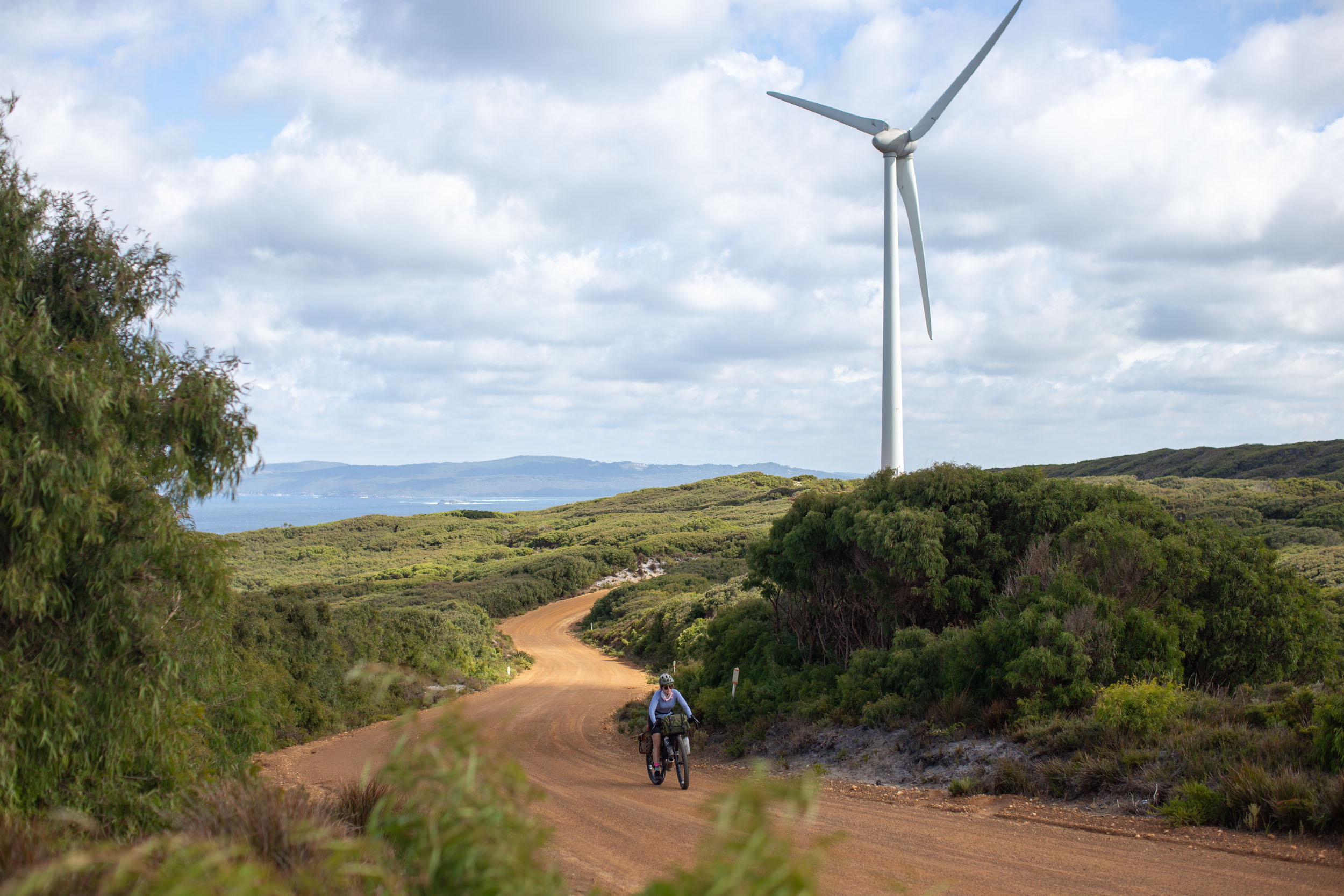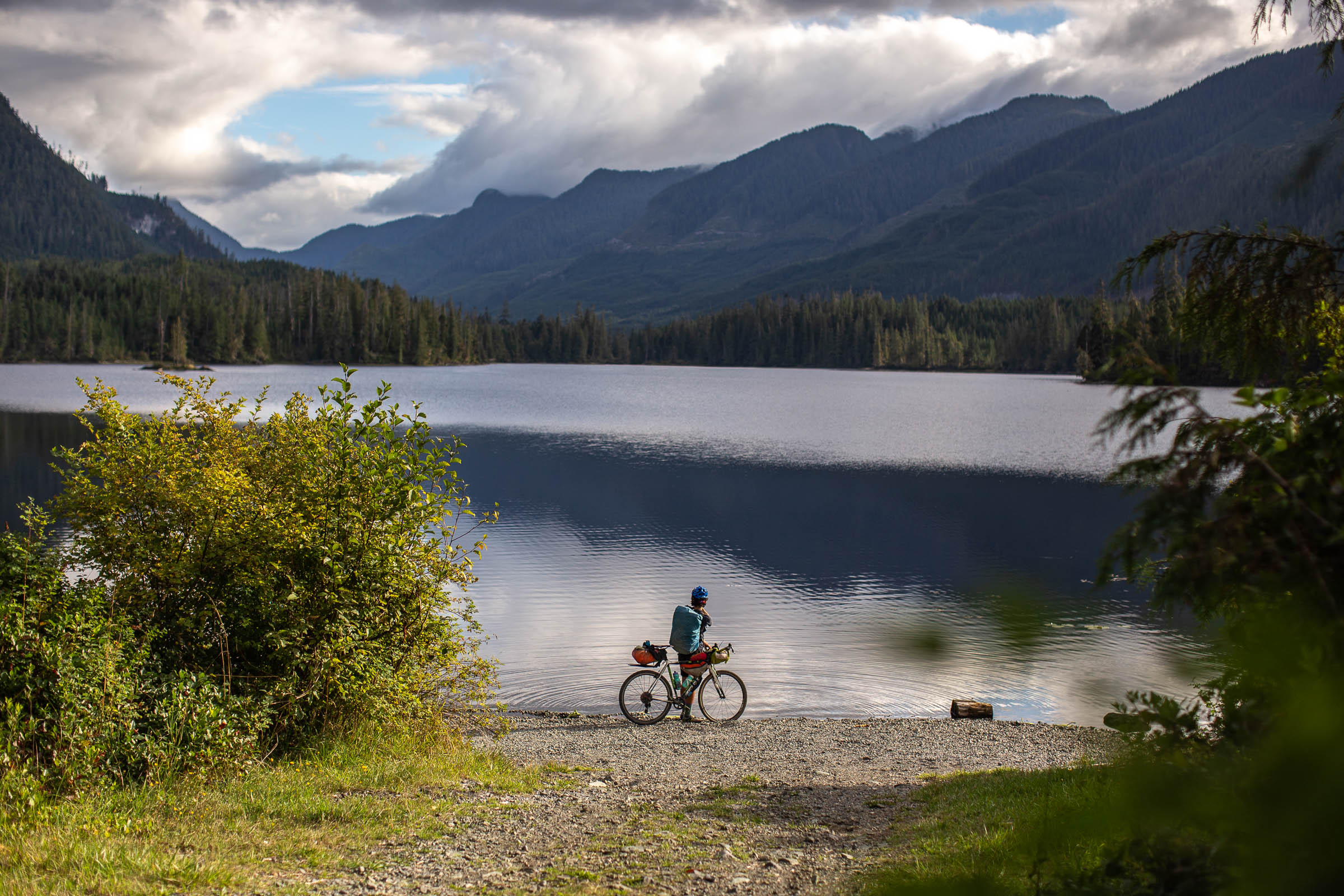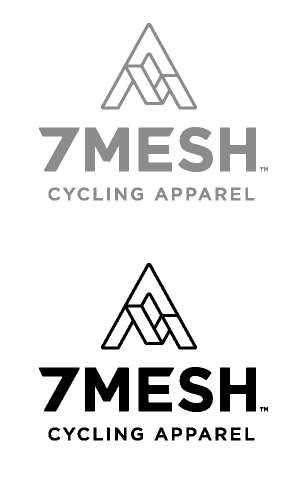Progression and Remission: Bikepacking with Crohn’s
A decade after his diagnosis, Miles takes a poignant and unfiltered look at how Crohn’s disease has influenced and shaped his relationship with bikepacking and the people around him. Find stories and photos from over the years and learn why bikepacking has been his saving grace here…
PUBLISHED Nov 11, 2024
This story is dedicated to my friends, family, and, most of all, my partner, Emily, for supporting me over the last decade.
I’d love to say the people, trails, or our first time seeing kangaroos stand out as some of my most unforgettable moments from six weeks in Australia, but that’s far from the truth. In reality, the night that’s forever engraved in my mind is one that only I experienced, and until recently, Emily was blissfully unaware of.
The short story is that we were in a campground, and at some point in the middle of the night, I woke suddenly and beelined it to the washroom. There was a door code, and I thought I knew it, but likely in a half-asleep state, I managed to mess it up. At this point, I didn’t have time to figure out the door and was shuffling awkwardly, cheeks clenched, along a boardwalk, looking for a suitable alternative. There was no alternative. Over the next hour, I managed to gain access to the campground showers, cleaned up, washed my clothing, and found something clean enough to sleep in. I somehow managed to take on this little nighttime adventure without anyone knowing what was going on, including Emily, which pretty much summarizes my last decade of dealing with Crohn’s.
Diagnoses
For folks who aren’t aware, Chron’s is a type of inflammatory bowel disease (IBD) that causes inflammation and ulcers of the small and large intestines. The two most common disorders within the disease are ulcerative colitis and Crohn’s disease. The latter can occur anywhere in the digestive tract but is common in the lower small or large bowel. Some symptoms include aching, sore joints, skin and mouth sores, abdominal pain, diarrhea, and a host of other complications. The cause of Crohn’s disease is unknown. Some research says it could involve an abnormal immune response against some microorganism in which your tissues are also attacked, while others believe genetics might play a role.
I first showed symptoms 10 years ago. I had relocated to Northern Ontario chasing a new love interest, was starting a new job, and wasn’t doing much to take care of my mental health. I was stressed, unsure what I wanted to do after my final year of university, and I believe this marked the beginning of my Crohn’s story. I started having regular stomach pain and cramps, trouble sleeping, and eventually decided to move back home to be closer to my family. These symptoms persisted, and a few months later, I was diagnosed with ulcerative colitis. I remember being away from home when my doctor delivered the news of the colonoscopy, and my mom called me to report, “The results are in. It’s not good.” This was a little intense, but she was trying to protect her favorite son. So began a never-ending series of prescriptions from my trusty gastroenterologist, which sometimes feels like someone is throwing meds against a wall to see what sticks. Over the last decade, some have stuck more than others, but I don’t believe I’ve ever experienced true remission—the buzzword used to describe a person without symptoms.
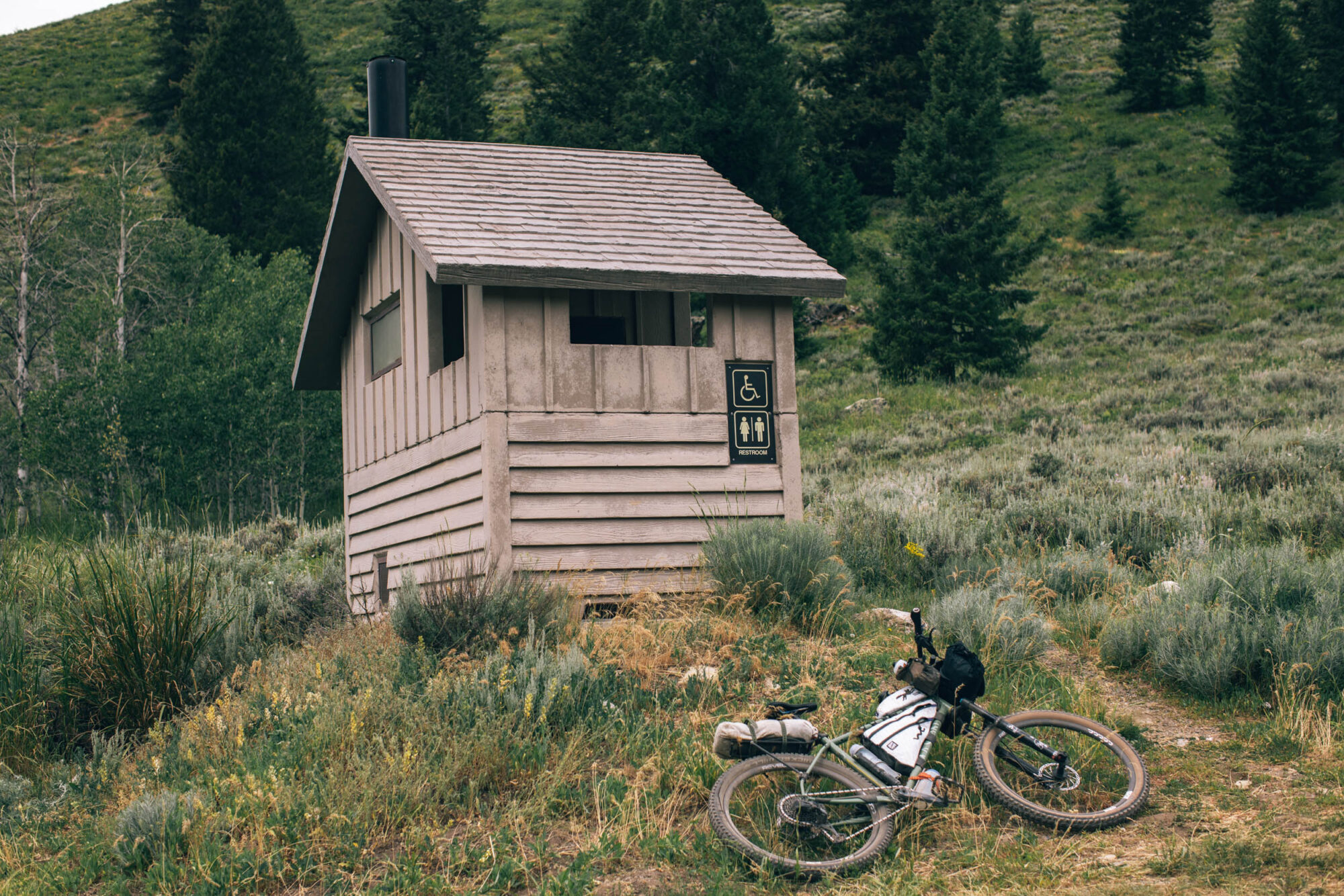
Early Days
Early on, my colitis diagnosis didn’t have much effect on my newfound love for traveling by bike. I was just getting into bikepacking, had published one of the first bikepacking routes in Ontario, and aside from taking some perscription drugs along with me everywhere I went, there wasn’t much I couldn’t or didn’t want to do. I still felt youthful and full of energy. I pushed myself to tackle long days on the bike, accidentally took on a 1,000-kilometer bikepacking race in British Columbia, and regularly sought physically demanding rides. Just like my student debt, which I fondly describe as “just a number,” my gut disease was nothing more than just a label prescribed by doctors. My go-to explanation of my Crohn’s disease experience was that I had it a lot easier than others.
What I miss most about these days is how little I thought about the disease and the minimal impact it had on my day-to-day life. After university, I enrolled in a college guide training program and regularly walked a few kilometers to school. I can’t walk more than a few minutes these days before the urge to have a bowel movement takes over. When I think back to my years as a student, I’m so incredibly grateful that I didn’t have to manage the symptoms I have today. University was a formative time, and I think the social anxiety that comes with managing Crohn’s would have rocked my world. Sometimes, I think about how spread out the Trent University campus was and how difficult it would be to walk from class to class in my current condition.
The Big Cake
One of the first standout Crohn’s moments was during a day trip to White Rock, British Columbia, early on in our days living on the coast. Not only was it a terrifyingly close near miss, but I think it was the first time Emily started to realize the effect this disease had on me—despite this occasion being partly my fault.
Throughout university, I prided myself on a fast-acting metabolism and the ability to eat and drink almost anything. So, when Emily and I went out for lunch, I eagerly ordered a slice of chocolate cake. And when the slab wasn’t cut properly, and they passed over 25% of a cake, asking if I was okay with such a huge piece, I remember thinking, “Challenge accepted.” After lunch, we went for a stroll through one of the affluent areas of the town, crowded with mini-mansions looking over Semiahmoo Bay and toward the Gulf Islands.

Suddenly, I needed a washroom. Far from any business or public buildings, I glanced around nervously. A couple houses away was a garbage bin, and right then and there, I accepted that I would likely be taking a poop in my pants or in that bin. I walked sheepishly toward the driveway, looked at Emily, and then looked up at the house’s balcony, where a lady had appeared. I said, “This will sound weird, but can I use your washroom?” I think she could sense the urgency in my voice, paused for a moment, and then quickly invited me in. Aide from feeling incredibly helpless, I remember all the bidet options the toilet had, including temperature-controlled water, heat, air, and other small symbols I failed to translate. It turns out White Rock is a pretty alright place to nearly shit yourself.
Over the years, I’ve had dozens of similar scenarios, but as a rule of thumb, I don’t put myself in situations that might result in me feeling stranded in public with no washroom in sight. I’ve also had dozens of negative experiences, which sometimes involve being denied access for whatever reason. The classic is that I’m “not a customer and need to purchase something to use the washroom.” I’m pretty good at keeping my cool and usually explain what Crohn’s disease is and why getting to a toilet is crucial at that moment—all while clenching my butt cheeks together as hard as humanly possible. For the most part, people are kind, and if given the opportunity to help, they will.
Progression and Remission
It’s safe to say that my symptoms have worsened since the chocolate cake story. Maybe I should have ordered the quinoa salad. I’ve gone from running long distances as a confident university student to hardly walking anywhere and feeling anxious in most social situations. It’s been difficult, but I’m coping. Doctors like to talk about “remission,” a point where all symptoms are under control, and I don’t think I’ve ever truly experienced that. It’s not for a lack of trying. I’ve experimented with acupuncture, yoga, Chinese medicine, meditation, breathing exercises, plant-based diets, and have spent thousands of dollars on various supplements and overpriced hippy wonder pills. Nothing makes that much of a difference.
I jump around between prescription medications and treatment plans, which has affected how I go bikepacking. My first hurdle was during my time on a drug called Humira, which was administered using an auto-injector pen similar to an EpiPen injector. At the time, I was taking injections every four weeks, which sometimes meant carrying a pen on bikepacking trips. Humira has to stay cold unless it’s used within 14 days when stored at room temperature. I had a few trips that required me to pack an injector with me and use it out in the wild, but it wasn’t a huge headache. Humira, and many other drugs, target and block your body’s immune system in order to reduce inflammation, which opens up the door for a whole host of complications. For me, the biggest change has been living with a weakened immune system, getting sick more often, and having a hard time kicking simple colds and flues.

I’ve had pills, which are even easier to take with me, and these days, I always have a bottle of Lomotil tablets on me that help slow down my digestion. Four Lomotils a day keep the poops away. My most recent medication is called Skyrizi, which is taken using a funky on-body auto-injector that sticks to my abdomen, injects the medicine, and is then removed. However, unlike Humira, which could live outside of the fridge, Skyrizi must stay cold at all times. From a bikepacking perspective, this could pose a real challenge. Thankfully, our van (and only vehicle), has a fridge that we keep running, and I only take it every eight weeks, so it’s easy to plan ahead. However, this presents some significant challenges for traveling outside of Canada or away from the van for long periods.
For now, dealing with medications is the easy part of having Crohn’s. Traveling, riding bikes, and bikepacking are slightly different. Being unable to walk far and being anxious in public settings has been challenging. While bikepacking, this means no more urban stealth camping, pitching a tent in a backyard, and a greater appreciation for campgrounds with outhouses. Even then, sometimes the urgency is so intense that I often can’t make it a few hundred feet to the nearest toilet, so picking appropriate campsites and tent locations is crucial. I’m most comfortable out in the wild, away from people, equipped with a trowel and way more toilet paper than most folks would consider normal. My rule of thumb is to bring double the amount of toilet paper I think I’ll need and then add more. I carry it in my hip pack beside my camera, stuff some into my frame bag, and stash an emergency backup supply elsewhere. Most of the time, I still run out. The days of using rocks and leaves to wipe my bum are long gone, although moss is still a viable option and a benefit of living in the Pacific Northwest.

Personal hygiene is easy to overlook while bikepacking, but it’s even more important for those managing underlying health conditions. Things can get out of control fast. While scouting the No Place Like Oz route in Arkansas with Joe Cruz and Jack Lyons, we spent our first night camped by a small creek. I remember it being colder than expected, waking up in the middle of the night to go to the washroom and needing to bathe my lower half in the creek. I usually hold it together in challenging conditions, but squatting half-naked over a freezing creek with Joe and Jack sleeping a few hundred feet away felt like an all-time low. Joe was also the friend who encouraged me to take these trips while I could because “you’ll never know if you’re going to feel this good again.” I’m sure it’s not just folks with illnesses who can relate to this advice.
The beginnings and ends of bikepacking trips, getting to and from a starting point, are usually the most stressful times. I’ve never been a fan of cities, but for someone with Crohn’s, they’re absolute hell. Connecting vehicles to buses and planes is daunting. When traveling by plane, we pick seats close to a toilet, but even the idea of sharing just a few toilets with hundreds of people makes me sweat. On a recent trip to visit family in Ontario, I almost didn’t bring a bike because the thought of hauling a bike box around the airport didn’t seem worthwhile. What if I need to go to the washroom while they’re checking my bike box? What if I need to go while I’m going through security? What if the closest washroom is out of order? These are the thoughts that inevitably fill my head. Thankfully, it’s usually okay in the end.
Be a Good Friend
There are endless ways to support a friend with an autoimmune disease like Crohn’s, or any other invisible illness for that matter. One of the most important things is to communicate your support and listen to their worries and requests. My biggest hangup is often not wanting to be a burden, so I don’t mention being uncomfortable or anxious, but as soon as I’m comfortable enough to share with the folks I’m riding with, things get a lot easier. It’s a good idea to get into a habit of being flexible with camp locations, daily distances, food spots, and ride plans. We could all benefit from putting less pressure on the perfect trip and our individual goals—something that’s far too easy to get caught up in and difficult to manage as a group. For me, my stomach is usually the worst in the mornings, so I always wake up earlier than everyone else (whether I want to or not) to try to take care of some personal business and leave extra time to pack camp up. It doesn’t take much effort to understand someone’s routine and help avoid challenging situations.
I’m proud to report that I’ve only soiled my pants a handful of times as an adult. While difficult, reducing stress and remaining calm has helped, but keeping a close eye on my diet and lifestyle has been crucial. Beyond a few sips, I haven’t had alcohol in over a decade. I avoid gassy foods and the usual suspects that upset my gut, which often influence where I travel and where I probably shouldn’t. I’ve learned that I’m more susceptible to parasites, and if contracted, I’m guaranteed a challenging time. The last time I found myself with a gut parasite, I ended up in the hospital for several days, juiced up on morphine. It’s enough that I currently have no desire to risk traveling to most far-flung countries, especially where local cuisine involves food that doesn’t sit well with me. Thankfully, there are many other places to visit where this is less of an issue. I’m incredibly fortunate to have traveled a fair amount within North America, and I spent a few months in Australia last year. But I won’t pretend I don’t want to ramble around on a bike in Kyrgyzstan or Chile, and the idea of not seeing or experiencing things because of a disease is heartbreaking.

My big takeaway is that everyone is dealing with something, and it’s often invisible. My experience has forced me to step back and consider what someone might be working through before making assumptions or accusations. It has also reinforced the idea that people are good and want to help. There have been so many people, especially my friends and my partner Emily, who have supported me through this journey. I doubt I’m the only one who puts on a big smile and brings the energy when, in reality, my stomach hurts and I feel like crawling into my bed.
Looking Forward
Sometimes, I imagine myself without Crohn’s. I think about all the things I would do, like walking across town, signing up for a running race, and maybe even try bikepack racing again. However, it’s the simple things I look forward to most, like stopping for a swim on a bikepacking trip without having to scurry off into the bush, trying mysterious new foods, or enjoying the energy of a city rather than despising it. Missing out on what life has to offer scares me the most.
At the risk of sounding overdramatic, the bicycle has truly been my saving grace. I’m not sure if it’s because I’m less anxious while riding bikes or if it’s something physiological about sitting on a bike seat, but for whatever reason, I’ve been fortunate enough to keep riding. When the coffee shop is too far to walk, I ride. When I need solo time away from my computer, I’m most likely on a bike. Spending time on a bike has become one of the best things I can do for my mental and physical health, and I’m fortunate for every ride I take, however big or small.
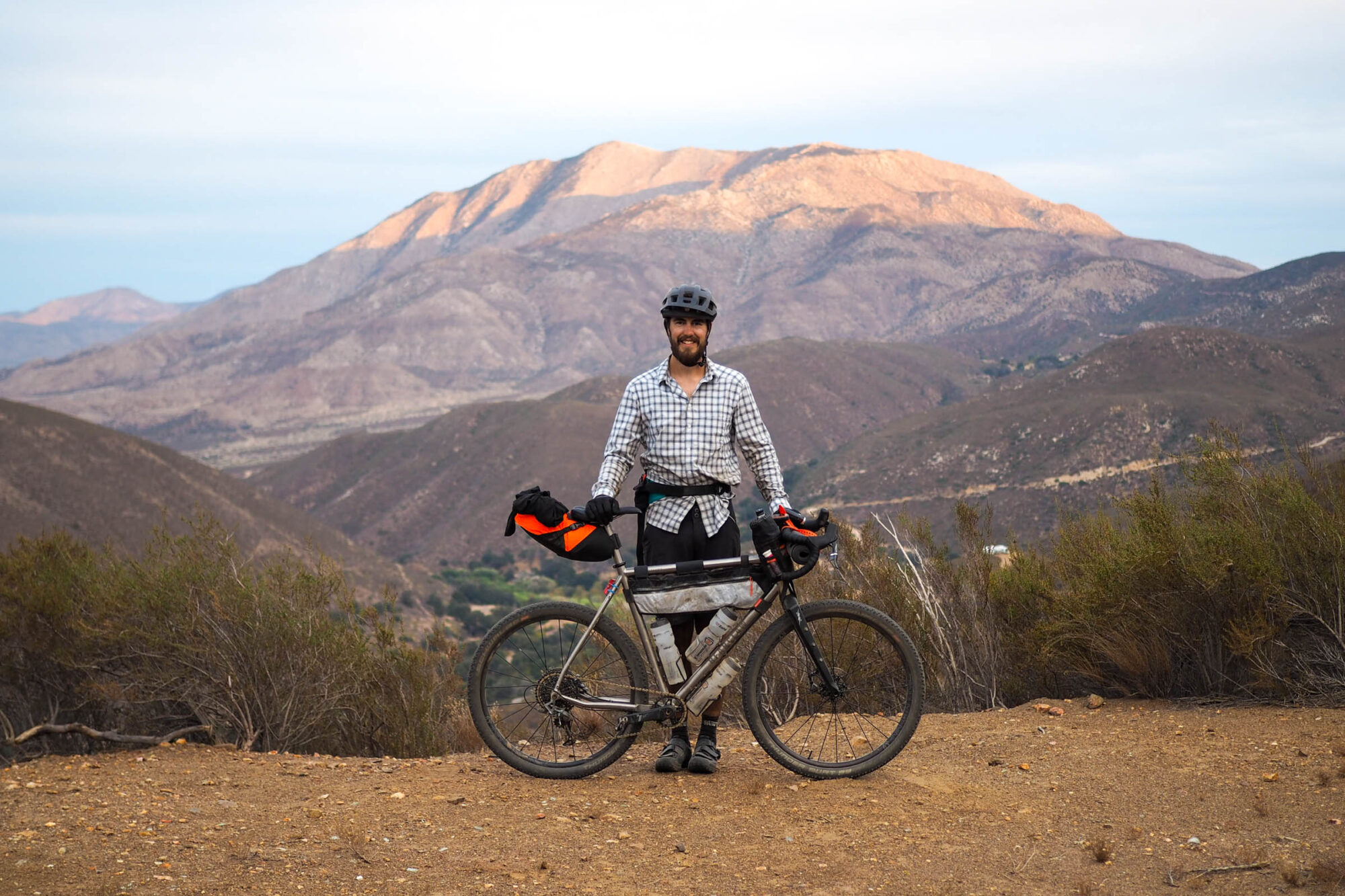
Tips for Bikepacking with Crohn’s
Everyone with Crohn’s disease has a unique set of symptoms and challenges, but my biggest hurdles are urgency and frequency. As mentioned, I always travel with more toilet paper than I think I’ll need, plus wet wipes, hand sanitizer, and a trowel. I keep these items easily accessible, with toilet paper and a trowel in my hip pack next to my camera, because a picture is worth a thousand words. I stick to simple foods that my body is familiar with and avoid dehydrated foods at all costs. I find I get dehydrated much quicker than I used to, so having electrolytes on hand and drinking plenty of water is important, especially during the heat of the summer. Since my gut is already messed up, I don’t bother with untreated water, even if my riding friends are excited about the idea of a pristine mountain creek. I keep my water filter nearby and top up my supply regularly.
I’ve found getting enough sleep is critical for me to have energy during the day, so I usually prioritize a comfortable sleep kit over ultra-minimal setups. This also means I avoid pushing late into the night and getting up too early. I listen to my body, avoid situations that make me feel anxious, and remind myself that the worst possible case isn’t really all that bad compared to what other people are dealing with. After all, it could be far worse.
Do you or someone you know have Crohn’s disease or another challenging illness that has made bikepacking tricky at times? I would love to hear from you with any tips or lessons in the conversation below.
Further Reading
Make sure to dig into these related articles for more info...
Please keep the conversation civil, constructive, and inclusive, or your comment will be removed.


